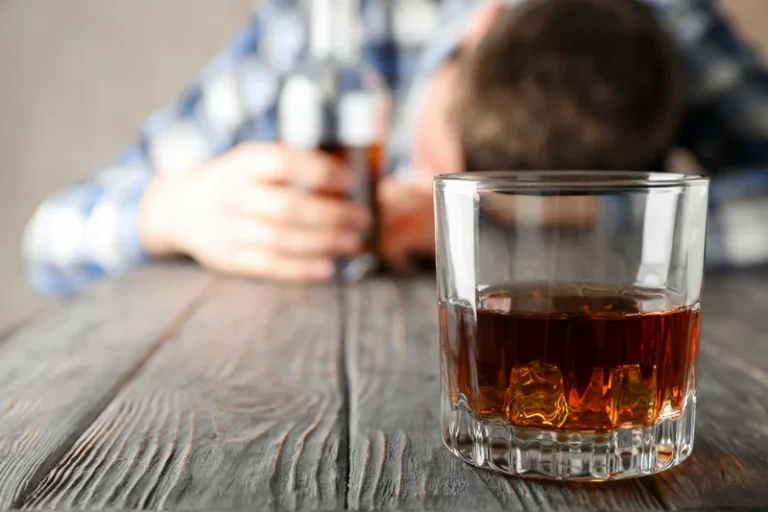
Therefore, the benzodiazepines should be administered orally or, when necessary, intravenously. An exception is lorazepam, which has good intramuscular and sublingual absorption. However, for most agents, intramuscular absorption is extremely variable, in which stage of intoxication does an individual become aggressive or withdrawn and sleepy leading to problems when rapid control of symptoms is necessary and also with delayed appearance of oversedation when large amounts are administered. Examples of some treatment regimens consistent with current recommendations are shown in Table 43-3.
How much alcohol does it take to be intoxicated?
When CSF 5–HIAA was obtained from peer-only reared and mother-reared monkeys 14, 30, 60, 90, 120, and 150 days after birth, parentally neglected, peer-reared subjects exhibited lower CSF 5–HIAA concentrations than did mother-reared subjects (Shannon et al. 1995). One study with a limited sample size suggested that the effect of early rearing experiences on CSF 5–HIAA may disappear by adolescence (Higley et al. 1991b). A principal neurobiological feature of type II alcoholism is a CNS serotonin deficit (Fils-Aime et al. 1996; Javors et al. 2000; Swann et al. 1999; Virkkunen et al. 1994a, 1994b). Both animal and human studies suggest that reduced serotonin functioning is related to impaired impulse control (Higley et al. 1996b, 1996c; Linnoila et al. 1983; Mehlman et al. 1994; Soubrié 1986). Therefore, Cloninger and other researchers have suggested that serotonin function is related to loss of control over drinking among type II alcoholics (Cloninger 1986, 1987; Linnoila et al. 1994).

The Six Stages of Alcohol Intoxication: How Dangerous Is Too Much?
Alcohol intoxication occurs from drinking too much alcohol in a short period of time. A person’s breathing and blood circulation will be extremely slowed. Their motor responses and gag reflexes are nonfunctional, and their body temperature drops.
- Visual hallucinations are most common and frequently involve some type of animal life, such as seeing a dog or rodent in the room.
- In such patients, shorter-acting agents such as lorazepam or oxazepam may be preferable.
- The individual’s reflexes and motor responses are minimal to absent, and their body temperature is extremely low.
Intoxicated aggression: Do alcohol and stimulants cause dose-related aggression? A review
- However, there may be situations in which the provision of fixed doses remains appropriate.
- Blood sugar levels and BAC can be checked with a simple urine or blood test.
- Like hallucinosis, seizures can occur in an absence of other withdrawal symptoms.
- When a person is intoxicated, they may exhibit both physical and behavioral symptoms.
- In people affected, it is important to also check for an underlying alcohol use disorder.
- Of course, long-term rehabilitation for alcoholism is the ultimate goal.
AA is an international fellowship of people who want to stop drinking. The program operates on the basis of the “Twelve Steps,” which offers problem drinkers a new way of living without alcohol. Members of the fellowship typically work with a sponsor—a fellow member who is abstaining from alcohol use—who offers guidance and support. With such treatment, delirium tremens usually begins to clear within 12 to 24 hours of its beginning, but severe cases may last for 5 to 7 days.
- In some cases, becoming overwhelmed with emotions may be your body’s reaction to alcohol combined with stress.
- Fleeting hallucinations that arouse restlessness, fear, and even terror are common.
- To date, no relationship with genes involved in the serotonin, GABAergic, or endorphinergic systems have been found (36).
- If symptoms are very severe, an imaging test such as CT may be done to rule out a brain injury or infection.
Can You Mix Trazodone and Alcohol? Plus, 3 More FAQs About This Risky Combination
Not all of these need to be present to seek medical attention, but if you suspect that someone’s intoxication has reached the point of alcohol poisoning, do not hesitate to bring them to the emergency room immediately. The following are some signs that an individual may be experiencing critical alcohol poisoning and need immediate medical attention. Entirely unconscious, a person’s body temperature https://ecosoberhouse.com/article/essential-tremor-alcohol/ will drop, breathing will become shallow, circulation will slow, motor functions will no longer present, and their gag reflex will be gone. When someone has had quite a few drinks, the symptoms of the excitement stage become intensified. People may have exaggerated emotional episodes, and their balance may be all but gone. They may have feelings of numbness and become unaware of their surroundings.

How Dry January Reshaped My Relationship With Drinking
It is important to pace oneself while drinking because the effects of alcohol are not instant. People that have multiple drinks in a short amount of time are in danger of having too much before they even realize it. We base differences on several things, like genetics, body weight, frequency of intoxication, overall general health, and more. Of course, the severity of a person’s symptoms will depend on how much they have had to drink. The state of intoxication from alcohol is commonly known as being drunk.

Most people do not remember events during severe withdrawal after it resolves. In people with long-term alcohol use, blood tests may be done to check for abnormalities in liver function and evidence of other organ damage. If symptoms are very severe, an imaging test such as CT may be done to rule out a brain injury or infection. If a person is showing symptoms of alcohol poisoning, emergency services should be contacted immediately. Symptoms of this condition include cool skin, confusion, loss of consciousness, hypothermia, irregular heartbeat, and seizures. Notably, the signs of intoxication don’t always correlate with BAC levels.